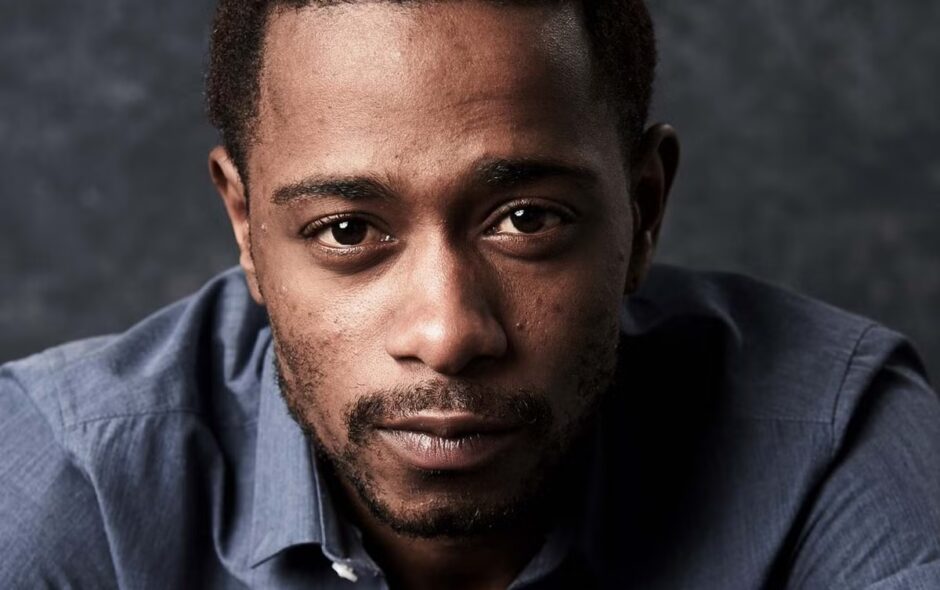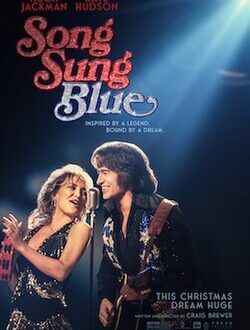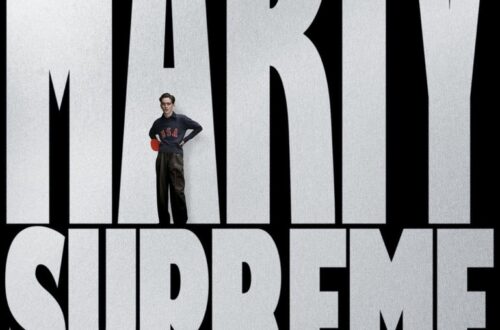LaKeith Stanfield emerged not with a roar but with a particular intensity that seems to flicker beneath the surface, ready to ignite at any moment. Born on August 12, 1991, in San Bernardino and raised between Riverside and Victorville, California, he discovered his calling in a high school drama club at just fourteen. That early spark led him to a modeling and career center in Los Angeles, where at fifteen he began auditioning for commercials—a humble start that belied the range and depth he would eventually bring to his craft.
His feature film debut came with Short Term 12, a deeply empathetic drama that earned him widespread attention and an Independent Spirit Award nomination. The performance revealed a rare emotional intelligence, and it felt like the industry sat up and took notice.
Stanfield’s early career reads like a masterclass in quiet versatility. He slipped into complex supporting roles that never felt second fiddle: as the tortured Jimmie Lee Jackson in Selma, a young Snoop Dogg in Straight Outta Compton, and a pivotal figure in Get Out. By the late 2010s, he had become a cultural touchstone—his surreal turn as Darius in Atlanta showcased his gift for comedic eccentricity, while the emotionally driven Crown Heights highlighted his ability to anchor dramatic material with grounded urgency.
His creative palette only grew richer with Sorry to Bother You, an audacious dark comedy in which he gave life to a telemarketer who finds success through a “white voice.” The film was provocative, imaginative, and politically sharp, and Stanfield’s fearless central performance encapsulated its biting satire. He then moved through a string of memorable projects: Knives Out, where he played a detective with understated sharpness; Uncut Gems, where he held his own against Adam Sandler’s manic energy; and The Photograph, where he revealed a surprising and compelling romantic tenderness.
Arguably his most acclaimed turn arrived in Judas and the Black Messiah, where he portrayed William O’Neal, the conflicted FBI informant embedded within the Black Panther Party. His work alongside Daniel Kaluuya garnered him an Academy Award nomination for Best Supporting Actor. It was a subdued, heartbreaking performance that spoke volumes, reminding audiences that Stanfield’s greatest strength is his ability to convey the unsaid with force.
Most recently, his performance in The Book of Clarence allowed him to take on dual roles as Clarence and his twin brother Thomas in a brash reimagining of a biblical epic. The part gave him space to explore absurdity and desperation in equal measure, proving once again that he is one of the most compelling actors of his generation.
Beyond the screen, Stanfield is a quietly multi-dimensional artist. Under the playful alias “Htiekal,” he has explored music, and as part of the band Moors he continues to experiment with sound and performance. His personal life has included fatherhood, with three children, and he often speaks with a grounded self-awareness that contrasts with the unpredictable characters he inhabits on screen.
He is often described as a chameleon, an actor who can fold into any role, but that feels too easy. What feels truer is that he chooses roles that complicate expectations—people who are messy, contradictory, and deeply human. Through that, Stanfield compels us to lean in and hold the tension. His career trajectory isn’t a steady climb; it’s a weaving, surprising one, where each turn reveals a little more of his quiet magnetism.
In a Hollywood drawn to flashes and fireworks, Stanfield stands as a slow burn, the kind of performer who changes everything around him simply by entering the frame. At barely halfway through his career, he has already built one of the most eclectic résumés of his generation, and it feels like his most defining work still lies ahead.




